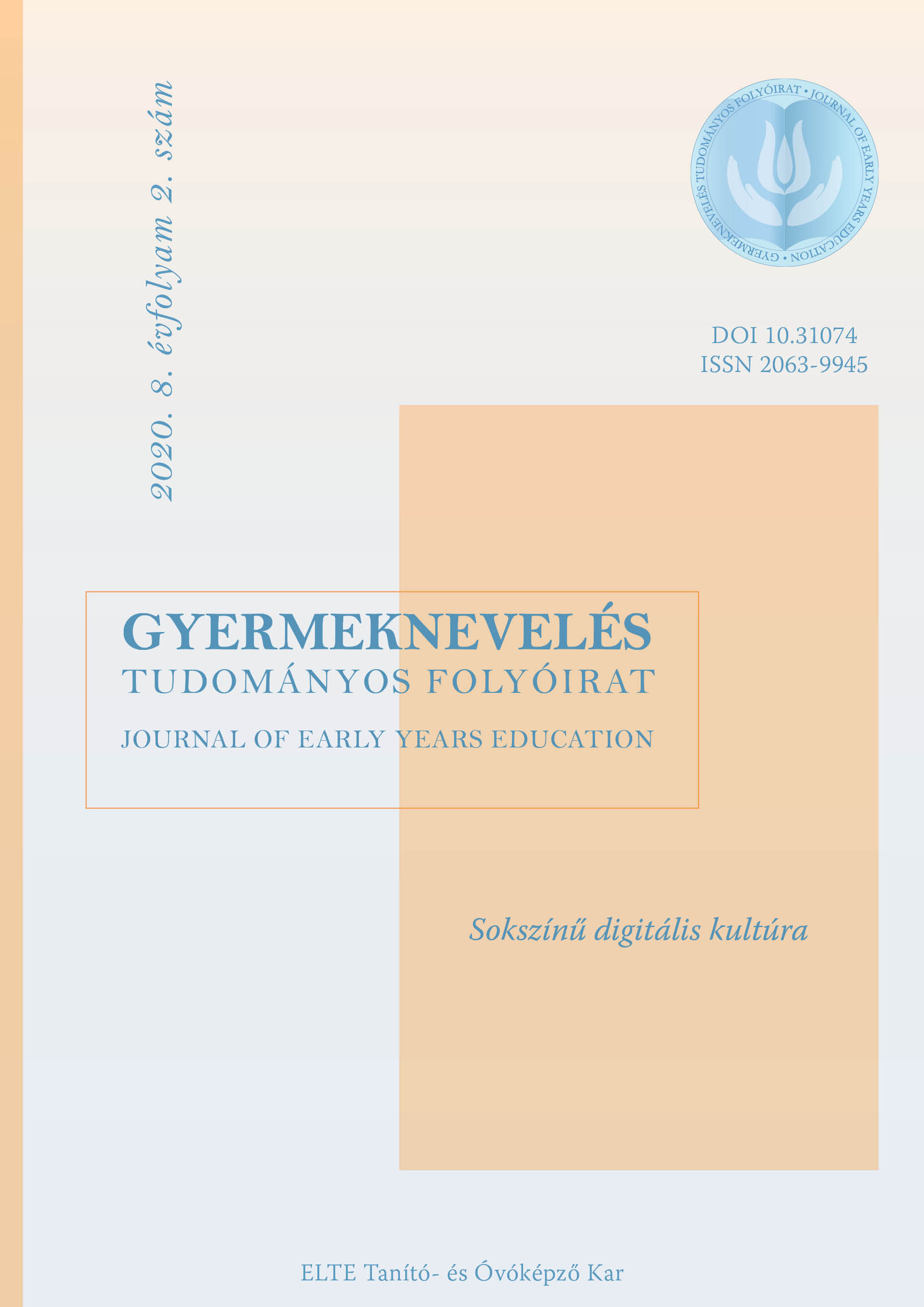Representation of women in ethics textbooks for primary school
DOI:
https://doi.org/10.31074/gyntf.2020.2.110.130Keywords:
ethics, gender roles in society, moral, primary school, qualitative content analysisAbstract
In this study, we examine the roles and attitudes of women in junior class ethics textbooks published by the Hungarian Institute for Educational Research and Development. In reviewing the theoretical background, we briefly present previous studies examining the representation of women in textbooks, as well as the school subjects and related principles and goals. In our essay we seek the answer to the role of women in the textbooks for the new school subject introduced in 2013, whether the goals set out in the National Core Curriculum are achieved and whether the tasks of textbook reflect the results of research on women’s textbook representation. The presentation of the quantitative indicators of the textbooks selected in the sample are followed by the qualitative content analysis of the presented tasks. According to our results, the examined junior class ethics textbooks are dominated by white, male culture. Women do not appear in real social proportions in the textbook-created world. Men are overrepresented in textbooks, and androcentrism and gender polarization, as indicated in previous research, continue to impede the effective and recent discussion of gender roles in modern society. Nevertheless, very few tasks that explicitly address changing gender roles in teaching practice could have a developmental and sensitizing effect.
Downloads
Downloads
Published
How to Cite
Issue
Section
License
Copyright (c) 2020 Author

This work is licensed under a Creative Commons Attribution-NonCommercial-ShareAlike 4.0 International License.

